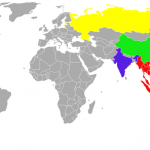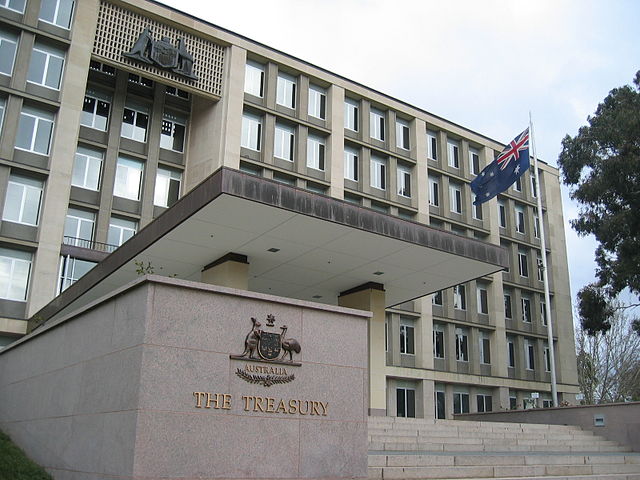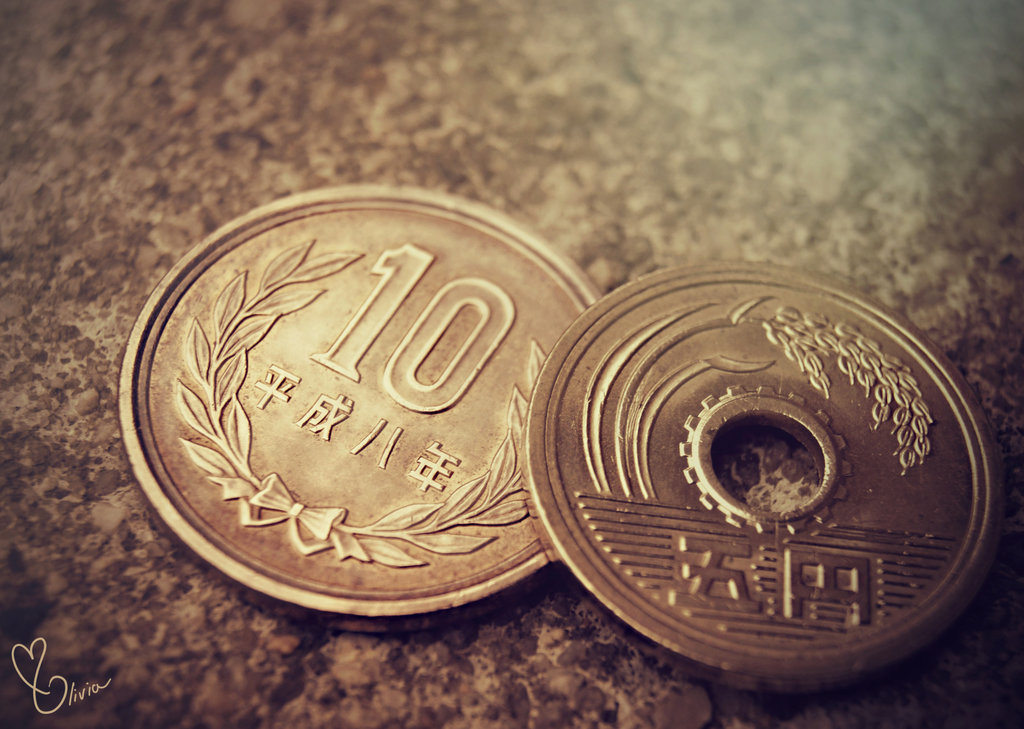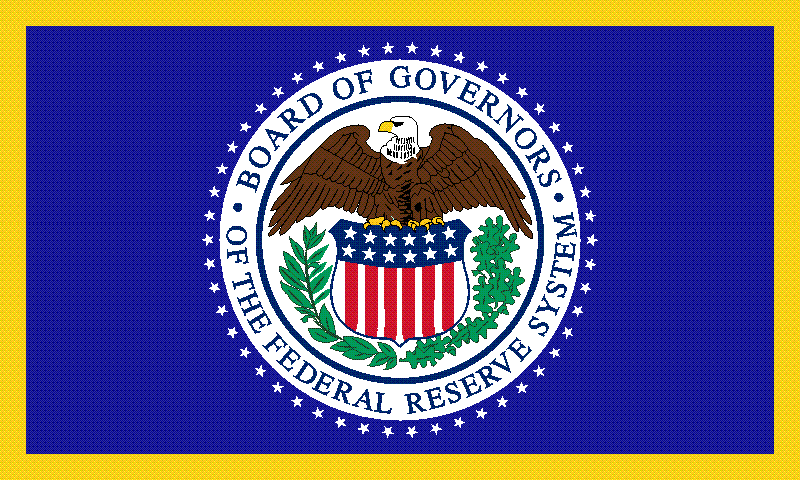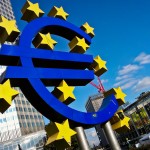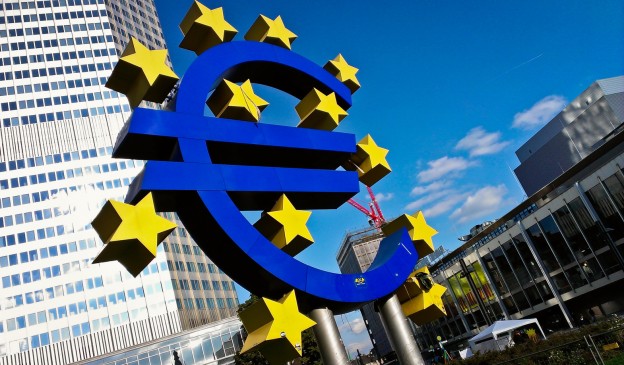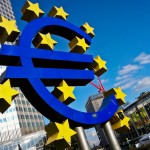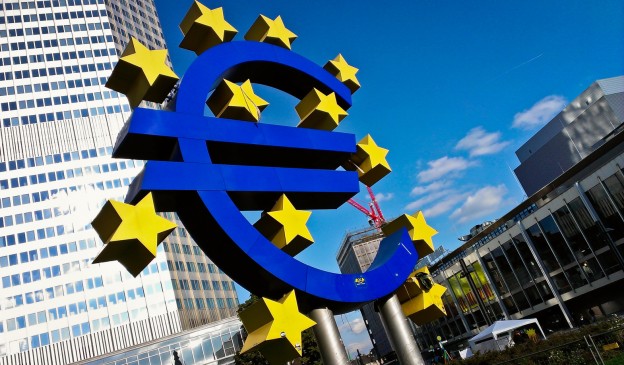Australian bankers are beginning to find attention on their dollar uncomfortably high as it foils their attempts at lessening the currency’s strength.
Central banks around the world have shown increased interest in adding the currency from down-under to their reserve funds. Westpac Banking Corp., the second-largest Australian bond underwriter reported that its interaction with central banks has tripled, reaching over 60 nations in the past three yeas. In fact, more that a quarter of the 2033 Australian Commonwealth bonds were bought by central bank in an unprecedented sale last week, according to statements by the Australian funding arm on 20th November.
In a statement on 21st of November, Reserve Bank of Australia Governor Glenn Stevens attributed the Aussie dollar’s rising strength to the search for higher profits and the country’s AAA status, saying that would not “eschew” a monetary intervention if necessary.
The most recent addition of the Australian dollar to reserve currencies comes from the South African central Bank this month. Australian bonds, on the other hand, have been rated as the second-worst-performing in a list of sovereign markets monitored by indices of the Financial Analysts Societies of the European Federation and Bloomberg, having cost investors dealing in U.S. dollars a 12.6 percent loss this year.
The global head of fixed income at Westpac, Michael Correa, said on 21st November that “there is a perception of Australia being part of the reserve currencies or part of a core portfolio. The central banks’ participation in ACGBs will be a long-term participation. I don’t see them going away.”
And it’s not just their currency their after. According to Correa, central banks everywhere have also been eyeing other excellent Australian debt-securities.




